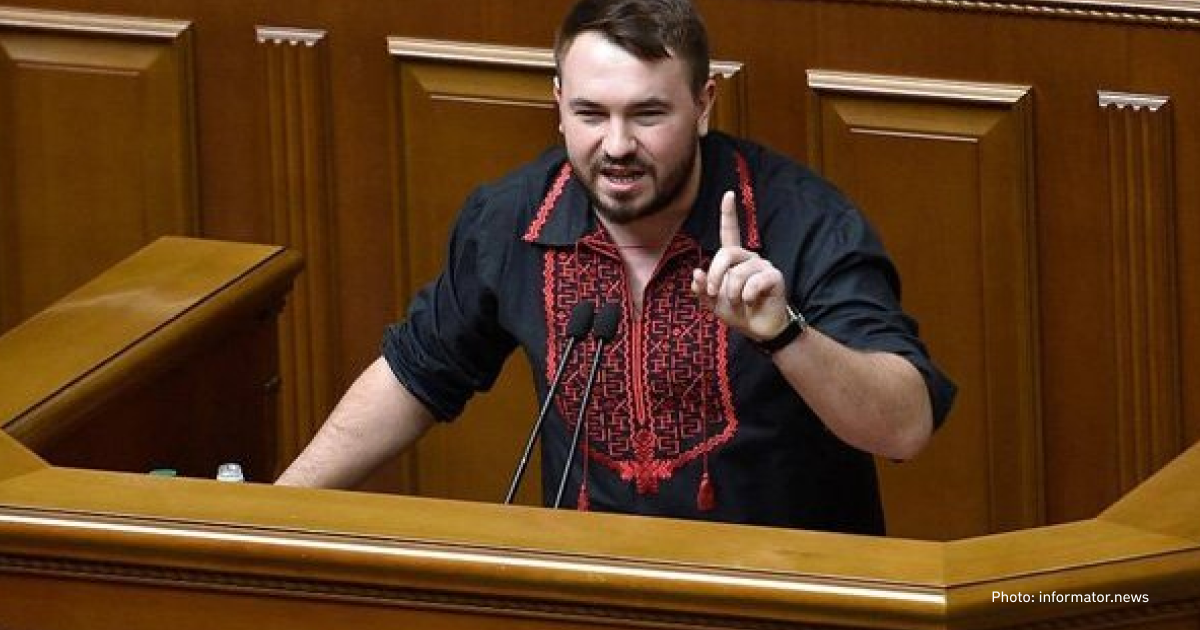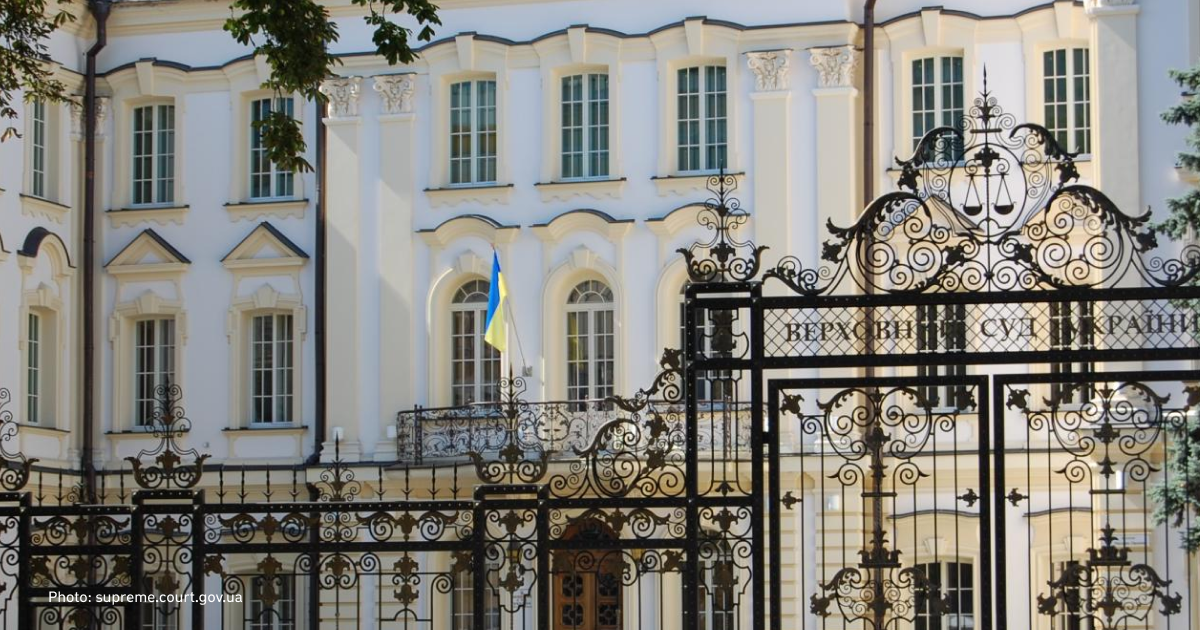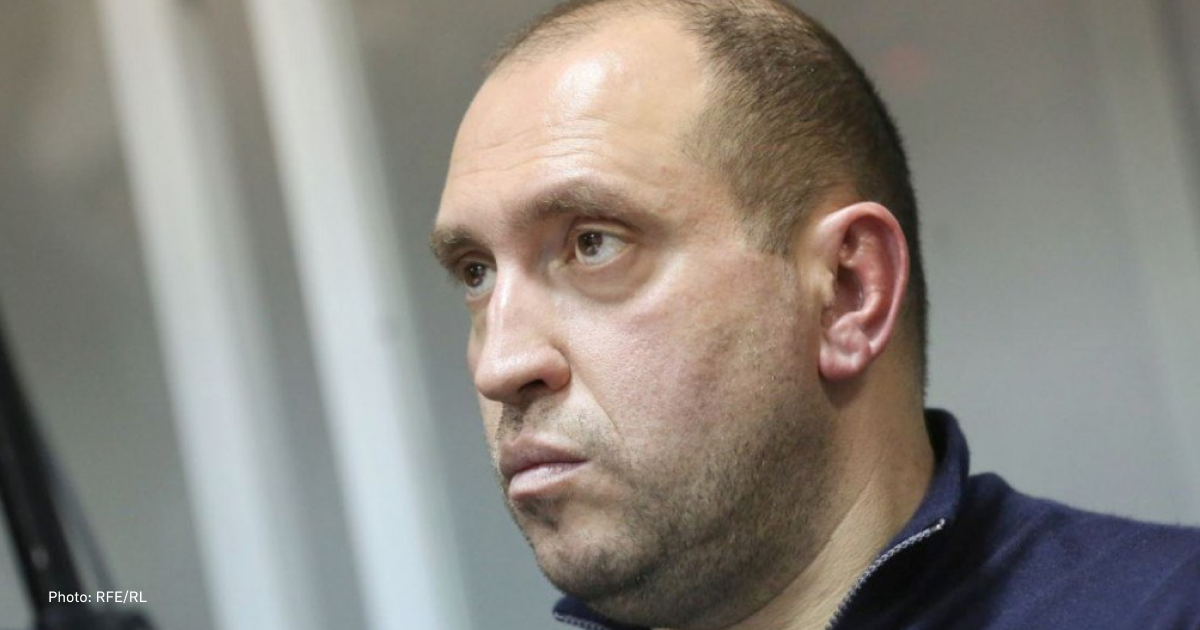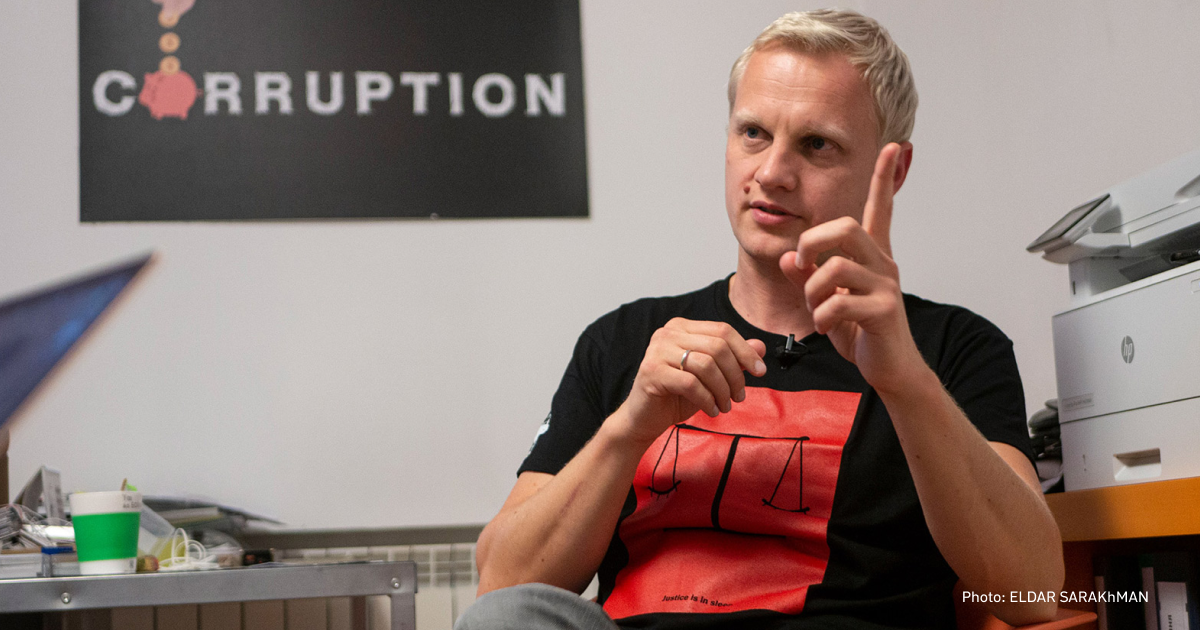How to jail top corrupt officials?

October 2023. Ukraine has been engaged in a war for ten years, and a full-scale war has been going on for two years. Nevertheless, the country is preparing to negotiate membership in the European Union, and its partners urge Ukraine to fight corruption. The public does not tolerate corruption either: this is evidenced by opinion polls and a record 83,000 signatures on a petition demanding the disclosure of officials' declarations.
Same October 2023. The High Anti-Corruption Court closes the Rotterdam+ case, a scheme through which oligarch Rinat Akhmetov's managers stole more than UAH 19 billion from Ukrainian electricity consumers. The case was closed due to the expiration of the pre-trial investigation after the notification of suspicion - the so-called "Lozovyi amendments" came into play.

Read the article to find out where the flaw in the legislation lies and whether anything can be done about it.
What are the possible limitations of an investigation?
To bring corrupt officials to justice, investigators and prosecutors conduct investigations and examinations, establish criminal connections and trace money transactions, report suspicions, and bring criminal proceedings to court. However, the case may still be closed at that point. Why? Because the pre-trial investigation is not conducted in time.
In 2017, People's Deputies passed a bill necessary to launch the work of the new Supreme Court. The then President of Ukraine, Petro Poroshenko, identified it as urgent. To implement the judicial reform, parliamentarians amended several codes, including the Criminal Procedure Code, on the pre-trial investigation procedure.

Then the parliamentarians voted for amendment No. 109 from their colleague from the Radical Party of Oleh Liashko, Andrii Lozovyi. This is how the story of "Lozovyi's amendments" began, which six years later still save corrupt officials from responsibility.
Andrii Lozovyi said that the investigation timeframe should be limited, otherwise, the security forces would artificially delay the criminal proceedings. However, the Public Control Council at the National Anti-Corruption Bureau noted back in 2018, the first year the amendments came into force, that the changes threatened the investigations' integrity.
This is especially true for economic and corruption crimes, where a significant part of the investigation is thorough analytical work. For example, the investigation of complex corruption schemes for the withdrawal of proceeds of crime abroad can take much longer than one year, and according to the NABU, the disclosure of bank secrecy alone takes approximately seven to ten months, with the need for further expert research,
the Civil Oversight Council's analysis says.
The period from the start of the pre-trial investigation to the notification of suspicion is 12 months for minor crimes and 18 months for serious and especially serious crimes. The clock starts ticking when the criminal proceedings are registered in the Unified Register of Pre-trial Investigations. The investigating judge may extend the pre-trial investigation period to 6 and 12 months.
In other words, if there is evidence that someone may have committed a corruption offence, but detectives and prosecutors do not have time to investigate it sufficiently to serve a notice of suspicion in time, the proceedings shall close.
Once a notice of suspicion has been served, the total duration of the pre-trial investigation cannot exceed 12 months, which is the maximum period for serious crimes.
How do cases get closed?
In 2022, judges of the High Anti-Corruption Court used "Lozovyi's amendments" to close the " Oshchadbank case" worth $20 million, the proceedings against People's Deputy Yaroslav Dubnevych with losses to Ukrzaliznytsia of UAH 93 million, and the case of the Dubnevych brothers' CHP plant with losses of UAH 1.4 billion. All the closures were overturned on appeal.
On October 12, the HACCU closed the criminal proceedings against Vadym Alperin (he was accused of organising a scheme to reduce import duties on goods, which caused UAH 63.8 million in losses to the state). In 2019, Volodymyr Zelenskyy called him "one of the godfathers of smuggling in Ukraine" and personally promised a gift for finding him. The businessman then came to the prosecutor's office for questioning, where he was detained. The court arrested Alperin, but he was released on bail.

The largest closed case on this list is Rotterdam+. The HACC panel of judges closed the first episode of the case on October 9, 2023. The prosecutor is going to appeal the decision. The case has been closed four times before, but the decision was cancelled.
Rotterdam+ is the formula that determined the cost of electricity in 2016-2019. The cost of coal used by Ukrainian thermal power plants was based on the global level and was determined by the price of coal on the international exchange in the port of Rotterdam. It also included the cost of delivery to Ukraine. However, raw materials at world prices were not bought in the Netherlands, but in Ukraine, Russia or from the temporarily occupied territories.
Ukrainian consumers overpaid UAH 19.3 billion. The oligarch Rinat Akhmetov was the most enriched, as his company DTEK is a monopolist in the market and has the largest number of thermal power plants. However, it takes a long time to prove involvement and announce suspicion.
All the institutions that had to do their job have done it. NABU detectives and SAPO prosecutors investigated the case, served suspicions and have already taken it to court. The case was heard in court. The journalists who covered the case beforehand also did their job. You and I, who ousted Yanukovych in 2014 and forced the then government to create anti-corruption institutions, have also done our job. People's deputies did not do their job,
says Anti-Corruption Action Center Chairman Vitalii Shabunin.
In his words, this is not the last case to be closed — several multi-million dollar corruption cases will also expire soon.

What can be done about it?
Only the body that adopted the amendments, the Verkhovna Rada, can cancel them. The new convocation of the Rada already tried to repeal them in 2019 but failed.
In August 2023, Deputies cancelled the pre-trial investigation timeframe for war crimes, because due to the large number of criminal proceedings against Russians and collaborators, the investigation can also last for years.
Concerning corruption criminal proceedings, People's Deputies registered draft law No. 10100, which proposes to:
1) abolish the statute of limitations for corruption offences committed during martial law;
2) suspend the statute of limitations for grave and especially grave crimes for the period of martial law;
3) to cancel the terms of the pre-trial investigation before a person is notified of suspicion.
Among the initiators of the draft law are David Arakhamia, head of the Servant of the People faction, Olena Shuliak, head of the Servant of the People party, Anastasiia Radina, head of the Verkhovna Rada Committee on Anti-Corruption Policy, her first deputy Yaroslav Yurchyshyn, and People's Deputies from the Voice party Oleksandra Ustinova and Yaroslav Zhelezniak. This composition gives hope that the document will be passed.
In the explanatory note, the MPs write that the extension of the statute of limitations for corruption offences is an important tool to ensure public demand for justice and compliance with international standards and requirements.
The draft law suggests that grave and especially grave corruption offences committed during martial law have no statute of limitations. This should be an important signal to society and a manifestation of the political will to ensure the inevitability of punishment for corruption,
the note to the draft law says.
Let's return to the question from the headline: how to jail top corrupt officials? Until the Parliament votes for the changes, it is difficult to answer, because cases will still be closed if the complex investigation process with intricate schemes is not kept up.


